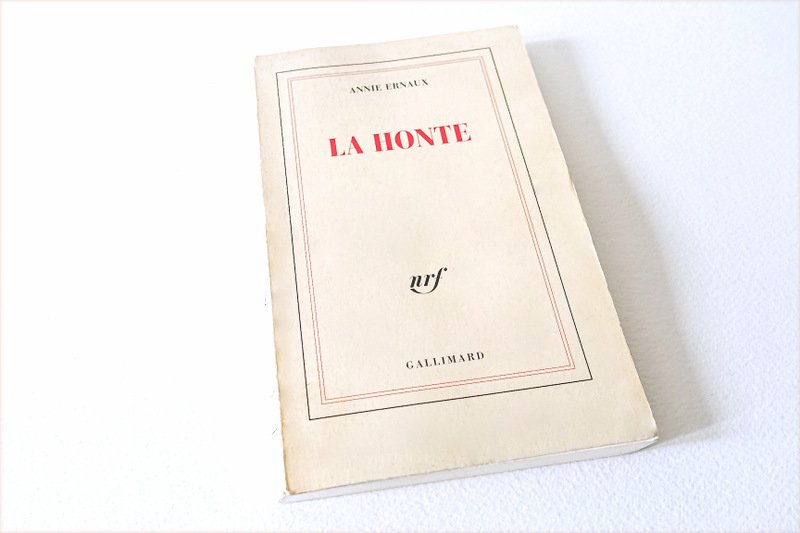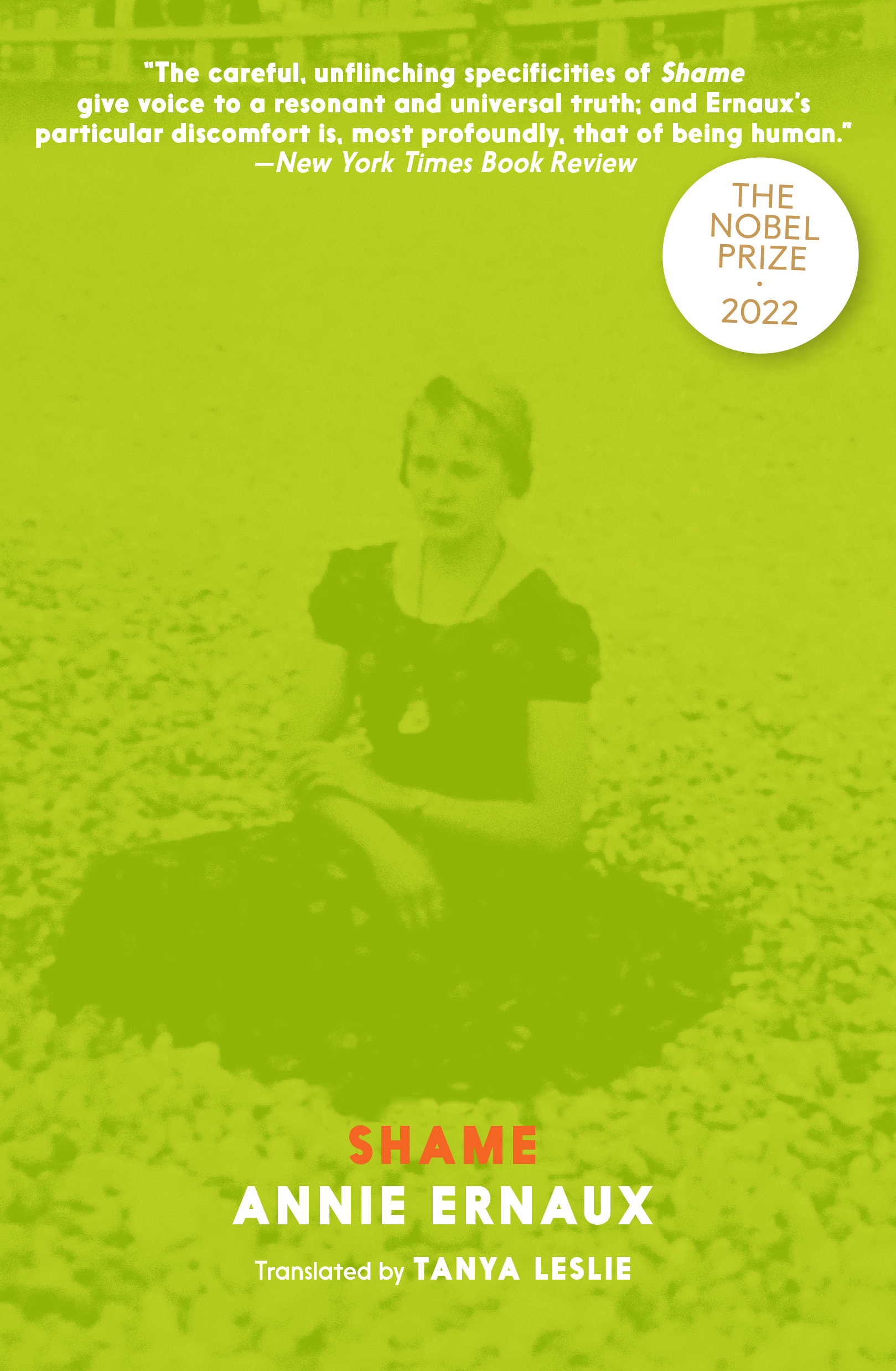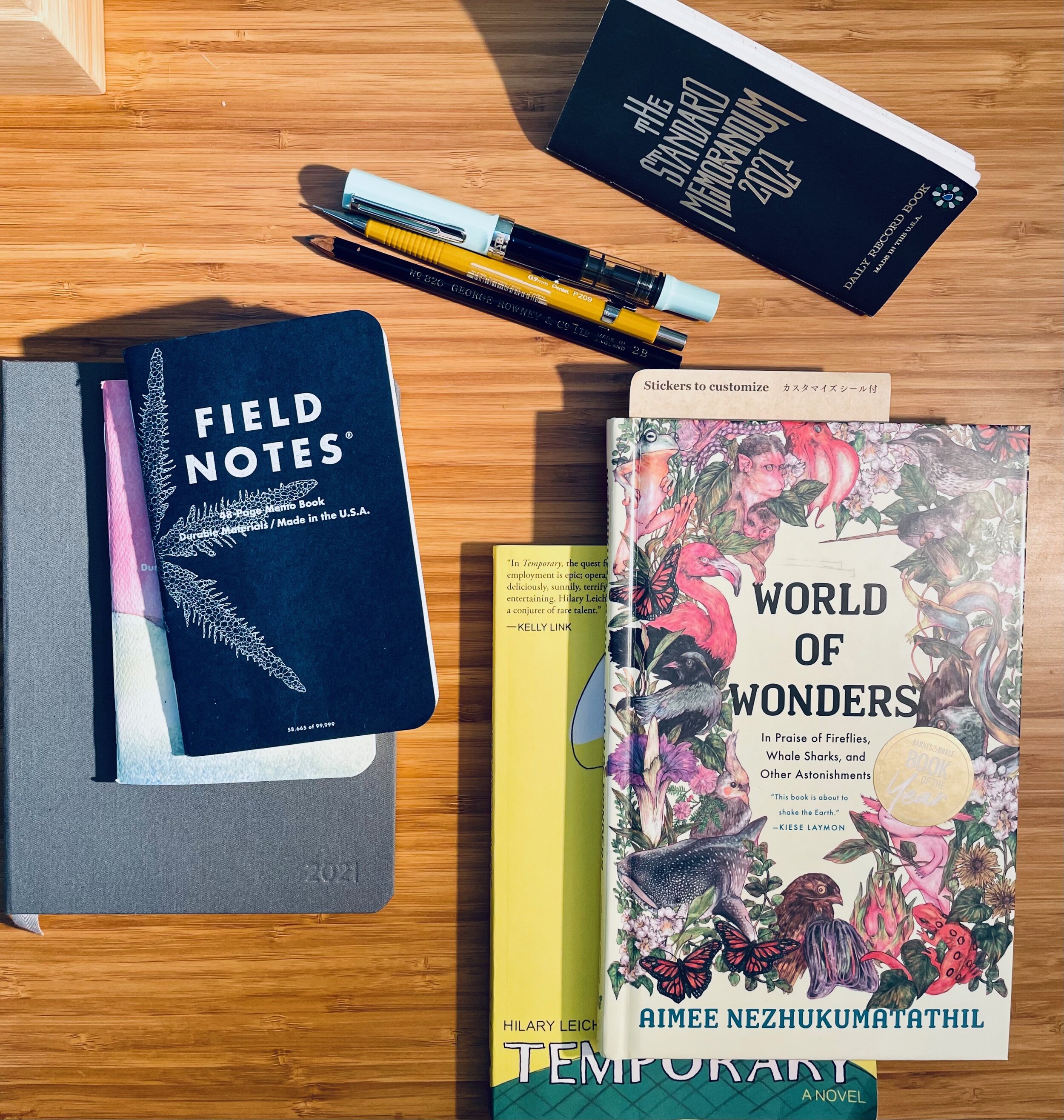Annie Ernaux's lingering memories

Adam shares a passage from Ernaux’s 1997 memoir.
Annie Ernaux’s memoir Shame compiles her memories from 1952. (It is often more of a notebook-like compilation than a narrative.) That year a moment of intense violence between her parents forever alters her point of view. This compilation creates a portrait of the world as she saw it before and after the defining moment.
I copied a few passages from Shame into my notebook. The paragraph below stuck with me because I too have something like a day-by-day weekly routine, which I often wish I could define better. For more than a decade Monday has meant checking reading the table of contents for the new issue of the New Yorker. Thursday means listening to the Slate Political Gabfest, just as Ernaux listened to Le Croche radiophonique, a singing competition that was the most popular radio show in the region.
Ernaux won the Nobel Prize for Literature in November. Sometimes the Nobel laureates are recognized for difficult-to-read books. Not Ernaux. Her memoirs are usually short and I have found them to be page turners that linger in my mind.
Each week is divided into “days for . . .” defined by social and family habit, as well as by radio programs. Monday—dead day, stale bread and leftovers, Le Crochet radiophonique on Radio Luxembourg. Tuesday—washing day, Reine d’un jour. Wednesday—market day, the poster announcing the next movie at the Cinema Leroy, Quitte ou double. Thursday—my day off, a new copy of Lisette. Friday—fish day. Saturday—scrubbing the house, washing our hair. Sunday—Mass, the supreme ritual governing all others, a change of underwear, a new outfit, cakes from the baker plus our “special treat,” minor pains and pleasures.





